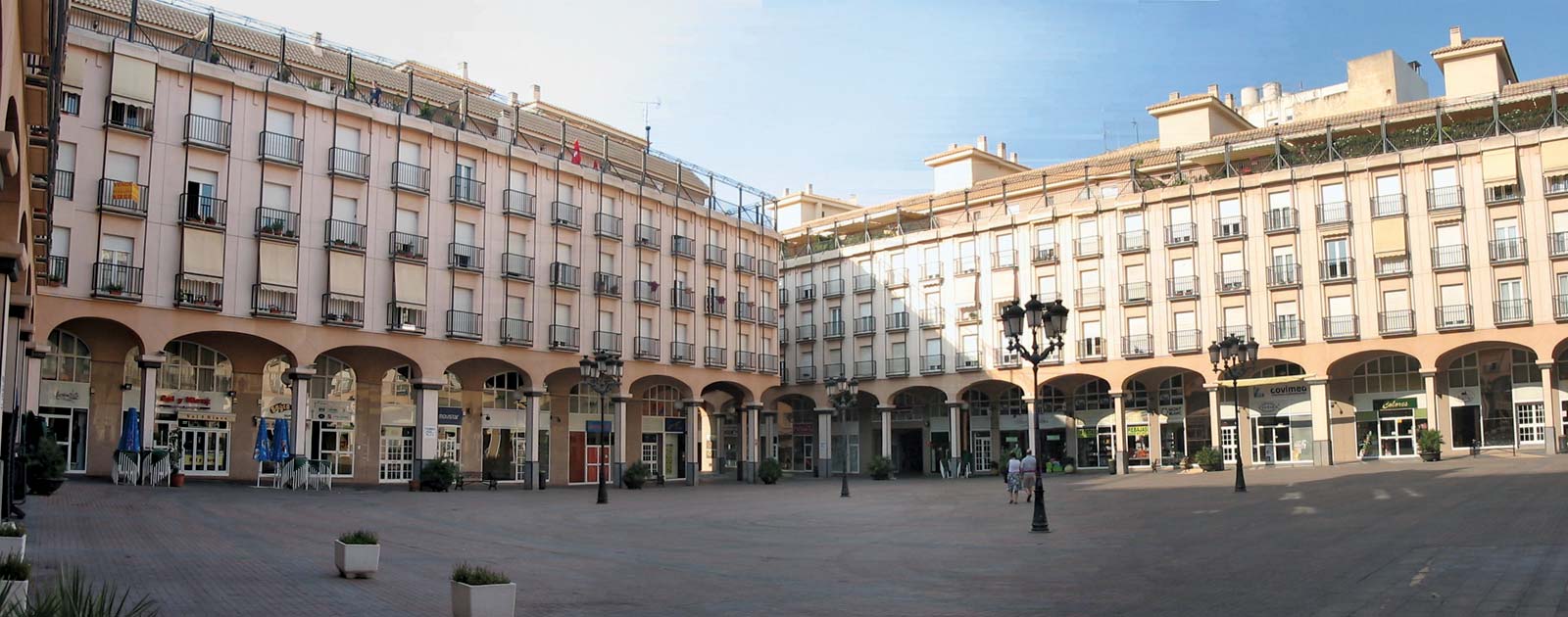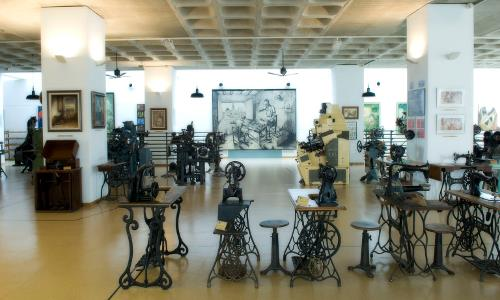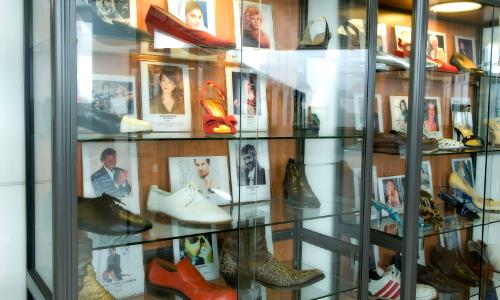Elda

Elda, city, Alicante provincia (province), in the comunidad autónoma (autonomous community) of Valencia, southeastern Spain, northwest of Alicante city. Of ancient origin, Elda was called Idella by the Iberians, early peoples of Spain. The city first achieved importance under the Moors, who occupied it in the 8th century and built a castle (ruins remain); it was re-Christianized by James I of Aragon in 1265. In the 18th century Elda was given the title Fidelísima (“most faithful”) by Philip V for its loyalty to the crown during the War of the Spanish Succession. Elda, connected by rail with Almansa and Alicante, is the centre of a fertile grain and fruit-producing area. The manufacture of footwear is the city’s main industry, and Elda is the site of the Shoe Museum. Elda also hosts an annual shoe fair, which attracts exhibitors, designers, and manufacturers from all over Europe. Other manufactures include paper, furniture, and esparto fibre.
The city of Elda is one of the examples of industrial municipality and urban city, which presents large spaces, green areas and well-maintained and attractive corners. The footwear production has become the main hallmark of Elda, along with its great export activity throughout the world. Therefore, one of the main attractions of the city is the Footwear Museum, the most important in Europe in the footwear sector.
The population center of the city, originally Arab, began to develop in the surroundings of the Castle-Palace of the 12th and 13th centuries in the bed of the Vinalopó River, although now the urban area has been expanding.


